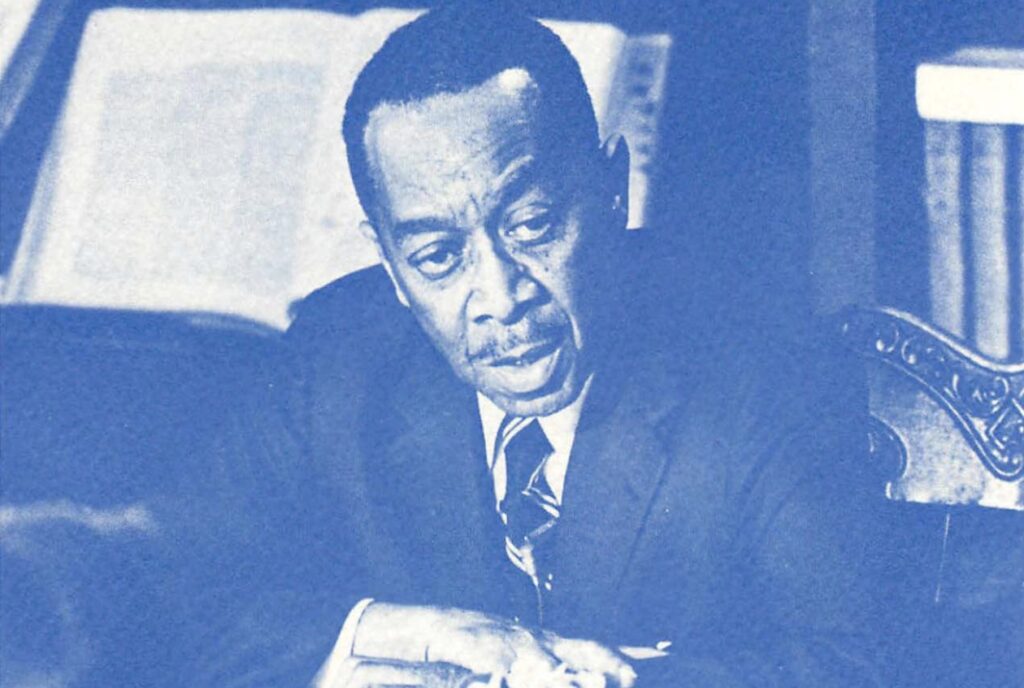By Kenneth B. Clark
In his 1974 Bicentennial Lecture, the psychologist and Civil Rights activist Kenneth B. Clark links the nation’s founding democratic ideals to its ongoing struggle for racial justice. Contending that American democracy depends on educational equality, Clark traces the history of school desegregation efforts from eighteenth-century debates over the education of the enslaved to the landmark Brown v. Board of Education decision, framing the battle for equality as a core narrative within American history. He also identifies the paradoxes that have haunted American democracy, examining moments in the distant and recent past when exalted ideals have clashed with entrenched prejudices and majorities have trampled over minority rights.
Clark argues that it is important to see education as more than just academic instruction, but rather as the key to forging ethical citizens who are capable of self-government. By exploring the intersection of democracy, civil rights, and education, he offers a guide for fulfilling America’s centuries-old promise of equality. Only by confronting the contradictions inherent in the American experiment and prioritizing equal access to education can the nation fully embody its unique founding principles and ensure a democratic future.


